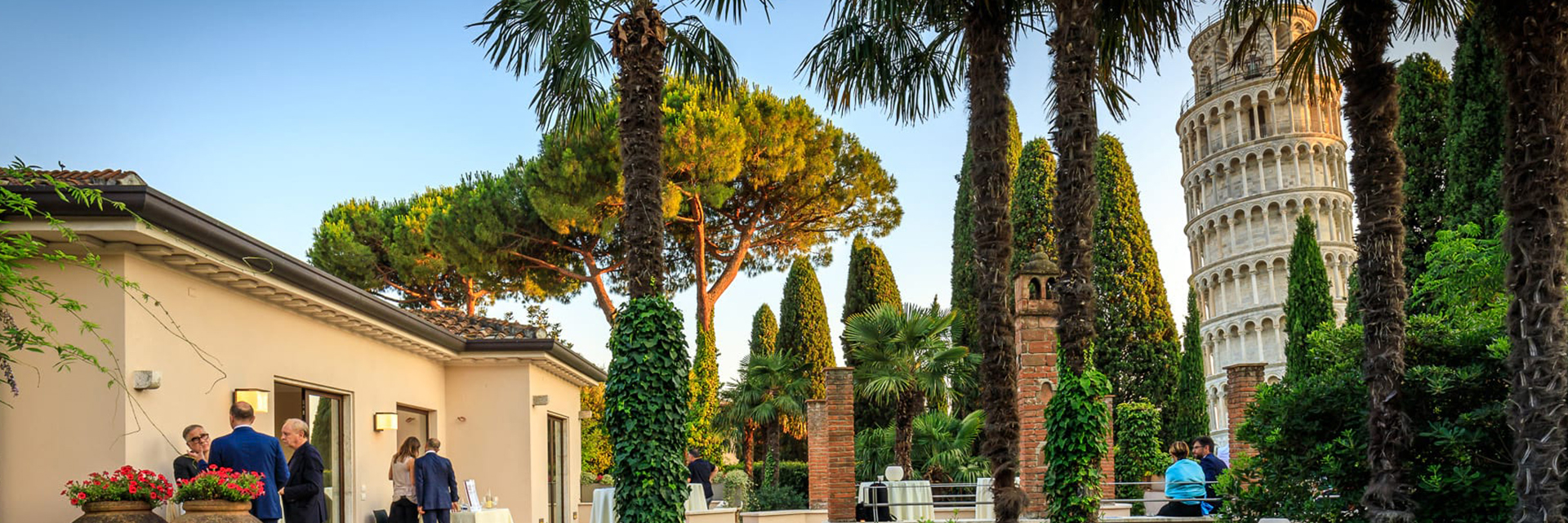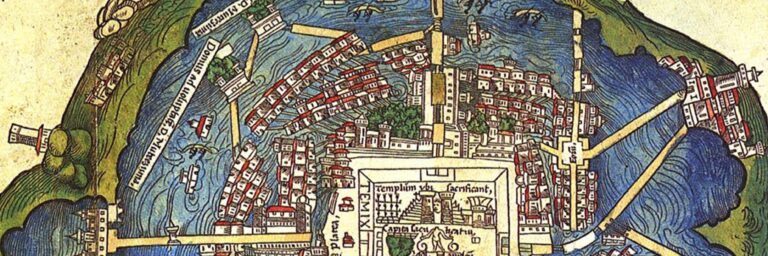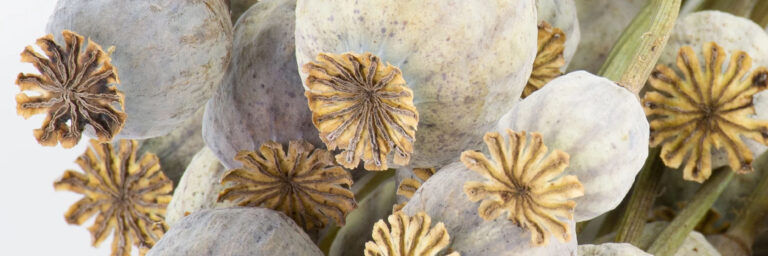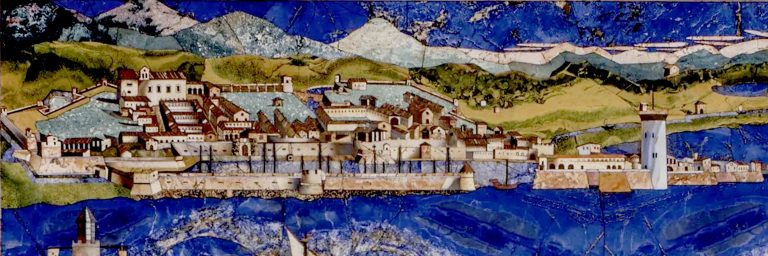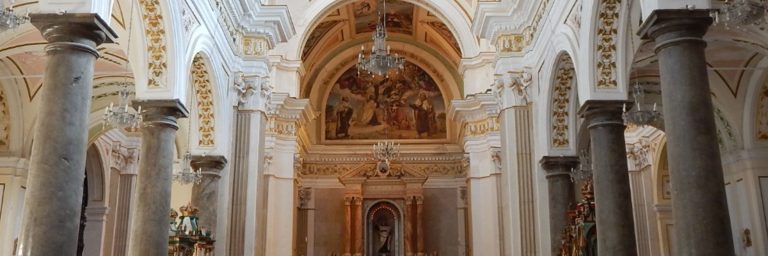2021 Summer School Experience
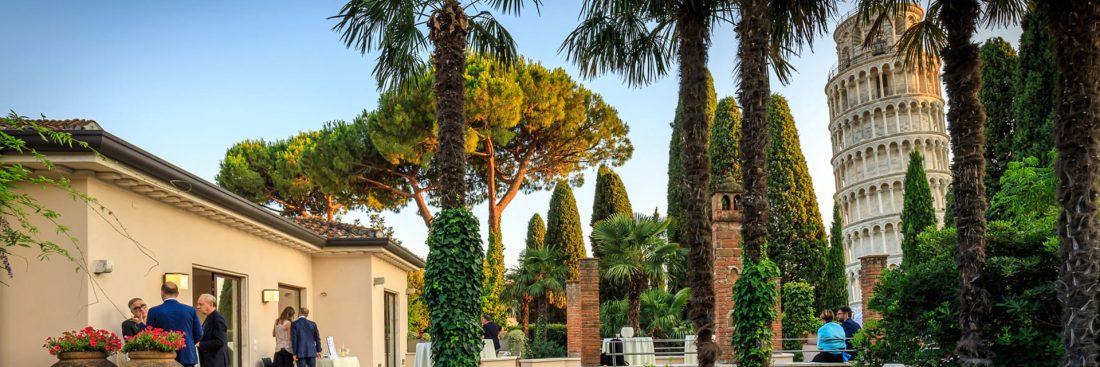
2021 Summer School Experience
The 2021 CSMBR Summer School ‘Latitudes of the Body’ was an excellent event based around the exciting topic of human-based measurement in the early modern period. This was a subject that spoke closely to my own doctoral research on bodyweight in sixteenth-century Germany, for which I explored the proportion studies of the artist Albrecht Dürer as well the role of clothing in the measurement and experience of bodily form.
I was particularly interested, therefore, in the event’s discussion of the ‘three-dimensionality of the body’ in theories of proportion, as this aligned with my own investigation of Dürer’s interest in bodily forms which did not fit within standardised canons of measurement. I was also excited by the event’s interest in the relationship between measurement and the senses, as in my work on clothing and bodyweight I suggest that clothing shaped the sensation of personal bodily proportion in the early modern period.
Receiving the Santorio Fellowship gave me the opportunity to present my ideas on measurement and bodyweight to the speakers and attendees, and the feedback I received will be invaluable as I prepare my forthcoming monograph based on this research. The comments and questions from the group have not only helped me to develop my existing arguments but have also suggested new avenues of research which I am looking forward to pursuing.
Moreover, engaging with the other speakers at the Summer School has enriched my understanding of human-based measurement more broadly, introducing me to new ways of thinking about measurement and the body, including in relation to music, colour, taste and the environment.
It has been a privilege to learn from such eminent scholars in the history of art and medicine and I have no doubt that what I have learnt at the CSMBR Summer School will inform my future work on the history of the body.
As a Santorio Fellow I have also benefitted from other opportunities offered by the CSMBR, as I have been invited to speak on the panel ‘Extreme Bodies: Norms, Excess and Transgression in Western Medicine’ in Vienna this September. Like the Summer School, my involvement in this panel will allow me to share my research with an international audience which I may not otherwise have had access to without the support of the CSMBR.
Holly Fletcher
Santorio Fellow 2021
The 2021 CSMBR summer school, Latitudes of the Body: Human-Based Measurement and Its Contexts, from Leonardo to Newton (1400-1700), has been a fantastic experience.
I am very grateful to Dr Fabrizio Bigotti and the whole CSMBR team for making this summer school not only happen but shine amid the serious challenge that the pandemic has unremittingly put upon us. The final consequence that we could only see and communicate with each other in the limited (but also unlimited) video chatrooms may itself stand as a metaphor of the topic we have worked on during these brainstorming days: we shape the knowledge of the world we live in from the insights into our existence and being, and our intelligence derives from what we distill and create out of this macrocosm-microcosm analogy. We learn from the greatness of our bodies as the canon of the universe. We also learn from the limitedness of our bodies as the canon of the universe.
As an early-career historian of medicine, I am honoured to be awarded a Santorio Fellowship considering the extremely intense competition this year. The summer school offers me an exciting chance to have my work known and commented by Prof Vivian Nutton, Prof Michael Stolberg, Dr Fabrizio Bigotti, whose extraordinary scholarships I have read over and again from the very early stage of my own research. Neither have I imagined that I would have met and discussed my paper with Prof Martin Kemp, which, nevertheless, becomes true thanks to this summer school. Indeed, all the talks from our incredible speakers and delegates have inspired me enormously.
I bring to this intellectual feast only my crude study of the late seventeenth-century English pulse, but gain from it provocative knowledge of Renaissance humours, illnesses, bodyweight, fine arts, music, therapies, and so forth. One of the most impressive lessons I learn from them is that the Renaissance origin of measurement, standardisation, and canon, which are often taken as the core of modern objectivity, exhibited profound reliance on subjective experience as well as socio-cultural climate. In this sense, the history of empiricism and the dynamics between subjectivity and objectivity may call for new elements, propositions, and perspectives.
I will try to integrate the inspirations from this summer school into my doctoral thesis and future research, and I wish more scholars, especially early-career researchers like me, will join in this programme. Please enjoy the swift, vehement, and frequent pulsation of your body and mind here!
Yijie Wuang
Santorio Fellow 2021
It was a great honor to receive the Santorio Fellowship, which allowed me to participate in the 2021 CSMBR International Summer School Latitudes of the Body: Human-Based Measurement and its Contexts, from Leonardo to Newton (1400-1700).
My overall impression of the CSMBR Summer School was very positive. I appreciated both the engaging schedule and the varied selection of speakers, a balanced mixture of senior academics and junior researchers. The presentations were all very interesting and helped broaden and deepen my understanding of various concepts of Early Modern medical history and philosophy.
Also, this Summer School provided me the opportunity to engage with scholars whose research interests intersect with mine, and was indeed an extraordinary opportunity for me to enhance my intellectual profile as a scholar working at the interface of pharmacological and medical history. It gave me the chance to operate and interact within an inspiring environment and to further develop my ideas with experts in the field of the medical history. The collaboration with researchers from several countries also broadened my comprehension of the peculiarities of the production of medical knowledge all around Europe.
Edoardo Pierini
Santorio Fellow 2021
The topic of the school was devised in a manner that allowed for including a good collection of papers touching miscellaneous areas, nevertheless revolving always around human-based measurement as its main concern. Therefore, a personal involvement in the school ensured being exposed to a broad array of ideas which opened further doors in my research interests. As well, along the four days the CSMBR Summer School had taken, it started to emerge a certain affinity to some of the speakers and to the approach to the subjects they had shown.
Regarding this, the disposition of the speakers to provide feedback and enthuse discussions between the attendees had been excellent, just as their warm hospitality, even under the defying circumstances of having to rely on online meetings to interact. Indeed, while online interaction might had been a hinder, all precautions had been taken by the organisers to make the most of the virtual possibilities of the available platform.
For my part, I have found of great advantage the presentations regarding 17th and 18th-century optics, which were by chance coincidental to aspects of my current inquires on the anatomy of the time. This would have not been possible without the CSMBR Santorio Fellowship, which had not only provided the material assistance to attend the Summer School, but also put myself and all the other Santorio Fellows in the spotlight by challenging us to deliver what was very likely our first lecture. It was delightful to receive feedback from the speakers, but also particularly from the attendees, by means of which I could develop a better awareness of what are the research paths that young scholars are currently undertaking. It is from all these that the summer school marked an excellent manner of closing this academic year, as well as of projecting over the upcoming one.
Guillermo Willis
Santorio Fellow 2021
The 2021 CSMBR Summer School has been an unforgettable experience and I am immensely grateful for having had the opportunity to attend it. The presence and presentations of many scholars of note including Vivian Nutton, Michael Stolberg, and Fabrizio Bigotti to mention but a few, have given me a much deeper understanding of the early modern body and how it was measured and understood, and the presentations and lectures of the Summer School have provided me with new perspectives and fresh inspiration for my own research project. There was a vast array of specialisations and fields, which rather than disjoint and confuse, in fact offered a rich exploration of the early modern body that cannot be found elsewhere.
Despite not being able to meet in person, yet the summer school still provided that opportunity to learn from and connect with senior scholars and fellow researchers that is usually only to be had from (face-to-face) conferences. Thus, it provided an excellent opportunity to learn of other relevant research projects, papers and books, and to potentially establish future connections and potential collaborations. The Summer School fostered a relaxed environment where all those present were able to ask questions and provide feedback after every paper. As a result, these questions often were just as informing and stimulating as the papers themselves.
In addition to this, the Summer School gave me the opportunity to present my current research to senior scholars in my field as well as fellow researchers with similar interests to my own. This led to valuable feedback which has already helped me improve the paper which I presented and has given me the confidence to submit this paper for publication.
The content of the wide variety of papers at the Summer School has also given me new avenues of thought to explore within my own research project. For example, Holly Fletcher’s paper on the materiality of body weight has made me consider the role of clothing in understanding the encumbered fat body, thus potentially adding a new perspective to my way of thinking about the fat body in the early modern period. Michael Stolberg’s paper has made me reassess how physicians in the renaissance defined sickness and health and has convinced me to look again more critically at previous scholarship on this matter. As such, papers such as these have had a very direct impact on my own research and the direction it will take in the future.
In conclusion, the Summer School 2021 has been a fantastic and unique experience that has enriched both my research, as well as myself, as an early career researcher. The fascinating discussions that took place, and the plethora of new ideas and perspectives will undoubtedly have a lasting impact on my research project specifically, but also on my academic career generally.
Marsha Wubbels
Santorio Fellow 2021

